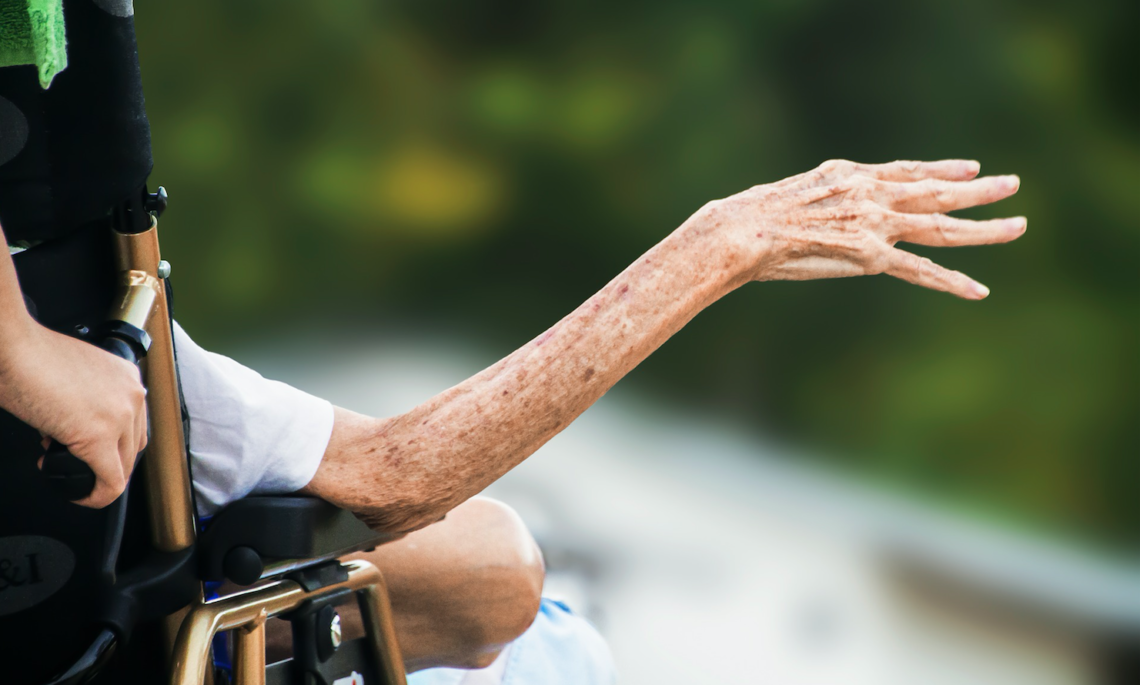Articles by Dr Jane Gilbert
Jane has over 20 years’ experience as a health writer and TV presenter. Jane writes on a wide variety of clinical and care topics – from explaining the latest studies and research to unpacking conditions and discussing treatment options. Jane holds a MBBS degree from Imperial College, London and spent seven years working in the NHS.

How Parkinson’s Affects the Body
Parkinson’s affects the body by interrupting your sleep patterns, changing your posture, and limiting movement, and balance. But there are things you can do… How Parkinson’s affects the body, and what you can do to help It is possible to…

What are Parkinson’s Treatments?
Parkinson’s treatments include medications for the disease itself, medications for the side effects, and therapeutic methods to slow the progression of certain symptoms. The Treatment of Parkinson’s Disease Frustratingly, medical science still hasn’t discovered a cure for Parkinson’s disease, but…
How Parkinson’s Disease Progresses
Knowing how Parkinson’s progresses can help you to prepare for the future and live a happier, more independent life, for longer. Coping with Parkinson’s A diagnosis of Parkinson’s Disease can be overwhelming for the individual and for those who love and care for them. However, by identifying ways to control and cope with symptoms, it is more than possible to live a fulfilling life. Parkinson’s disease is a condition that affects around one in five hundred people in the United Kingdom. Parts of the brain become progressively damaged, so that the body’s ability to move deteriorates over time. It can be a frustrating and difficult condition to live with, but there are effective treatments that can maintain mobility, improve function and restore quality of life. How Parkinson’s progresses Parkinson’s disease gradually affects an area in the brain called the basal ganglia. It contains nerve cells that produce an important chemical messenger…
Would you like to know more about Hometouch's high quality live-in care service?
What are Parkinson’s Symptoms
Parkinson’s symptoms are varied, and every patient experiences them in a different way, so it’s important to be informed and vigilant. What are the signs and symptoms of Parkinson’s Disease? Parkinson’s disease is one of the most common neurological conditions in this country. Despite this, thousands of people are misdiagnosed every year, meaning that patients suffer delays in getting the treatment and support they need. Part of the problem is that everyone’s experience of Parkinson’s is different. The symptoms develop gradually and can be confused for normal ageing, so the disease can take a frustratingly long time to diagnose. How can I tell if a loved one has Parkinson’s? If you mention Parkinson’s disease, most people will picture someone with a tremor. It’s true that a tremor is common, but not everyone gets shaky. Many people may just experience a general slowing down of movement, an abnormal stiffness in the…
Speak to one of our knowledgeable care advisers about Hometouch’s high quality live-in care service
How are Parkinson’s and dementia related?
Dementia is a comorbidity of Parkinson’s, which means that the damage caused to the brain through Parkinson’s, can cause dementia. How are Parkinson’s and dementia related? Parkinson’s and dementia are two of the most common degenerative neurological conditions in this…

What is the end of life care pathway?
When you reach the end of life, care can help to control your pain, maintain your comfort and support you to live as well as possible, for as long as possible. What is end of life care? Being diagnosed…

What is Post Discharge Care
Post discharge care can help your loved one to stay safe and comfortable as they recuperate and rebuild strength, so that they can regain confidence and independence. Discharge from Hospital Being discharged from hospital is a positive step, but…

What is Postoperative Care?
Postoperative care can improve rehabilitation and allow your loved one to live safely as they heal and regain their independence. What is postoperative care? An operation can help to combat disease, decrease pain and improve health and wellbeing. However,…

What is Disability Care?
Disability care at home is simply practical help with anything from everyday tasks like housework and bathing, to assistance with complex needs. Specially trained disability carers can be employed to come into the home and lend a hand. Good…
Help us end the stigma of dementia with Unforgettable
James Ashwell, founder of Unforgettable dementia products, spent five years caring for his mum who had early onset dementia. They were the hardest years of his life, but they gave James a passion to help others on the dementia journey. Here James explains how Unforgettable might be able to help you. Mum was in her fifties when she was diagnosed with frontotemporal dementia, but it wasn’t until Dad died suddenly that the full extent of her illness became clear. I quickly realised Mum couldn’t live alone, so I gave up my job in London and become her carer.I was very fortunate to have three siblings Simon, Gemma and Mark, who were prepared to help practically and financially, and we also employed professional carers when necessary. Even so, those first few months were absolute hell.Eventually, we realised that if Mum wasn’t to sit staring at the TV all day, we needed…
Apply for live-in care jobs
Hometouch has been one of the best companies I have worked for in the care sector! I have always been told I’m appreciated and been made to feel like it too. I’m so happy to be a part of the Hometouch team
Shaheen

£750 - £900 per week. Double bank holiday pay
You choose your own clients
Clinical support
Free training, webinars and supervision